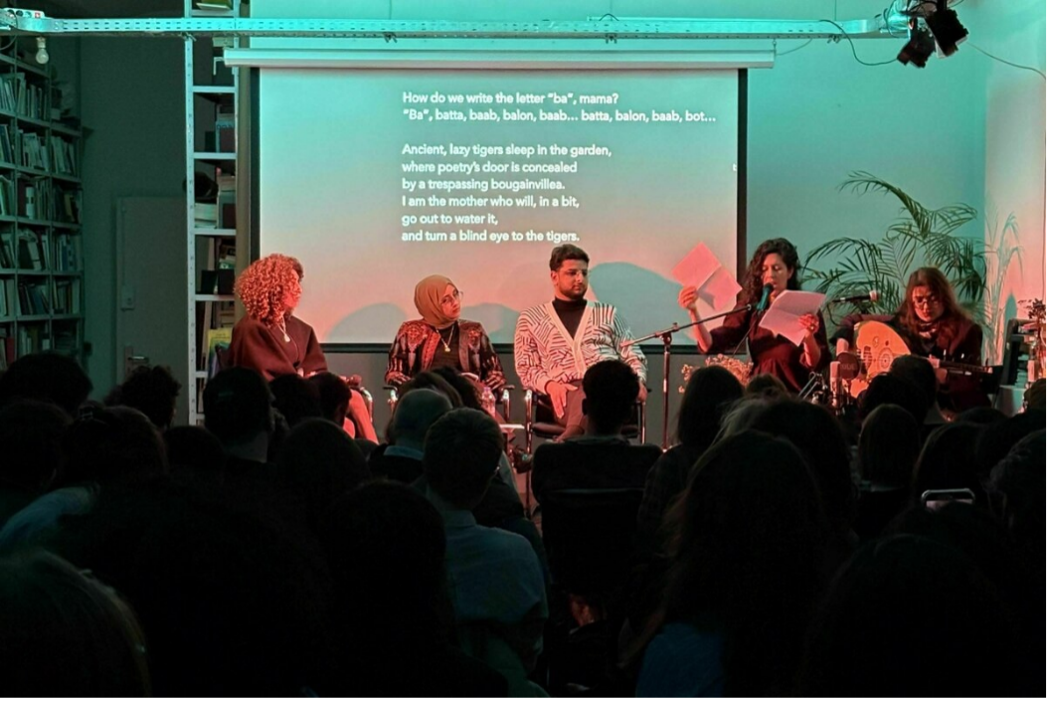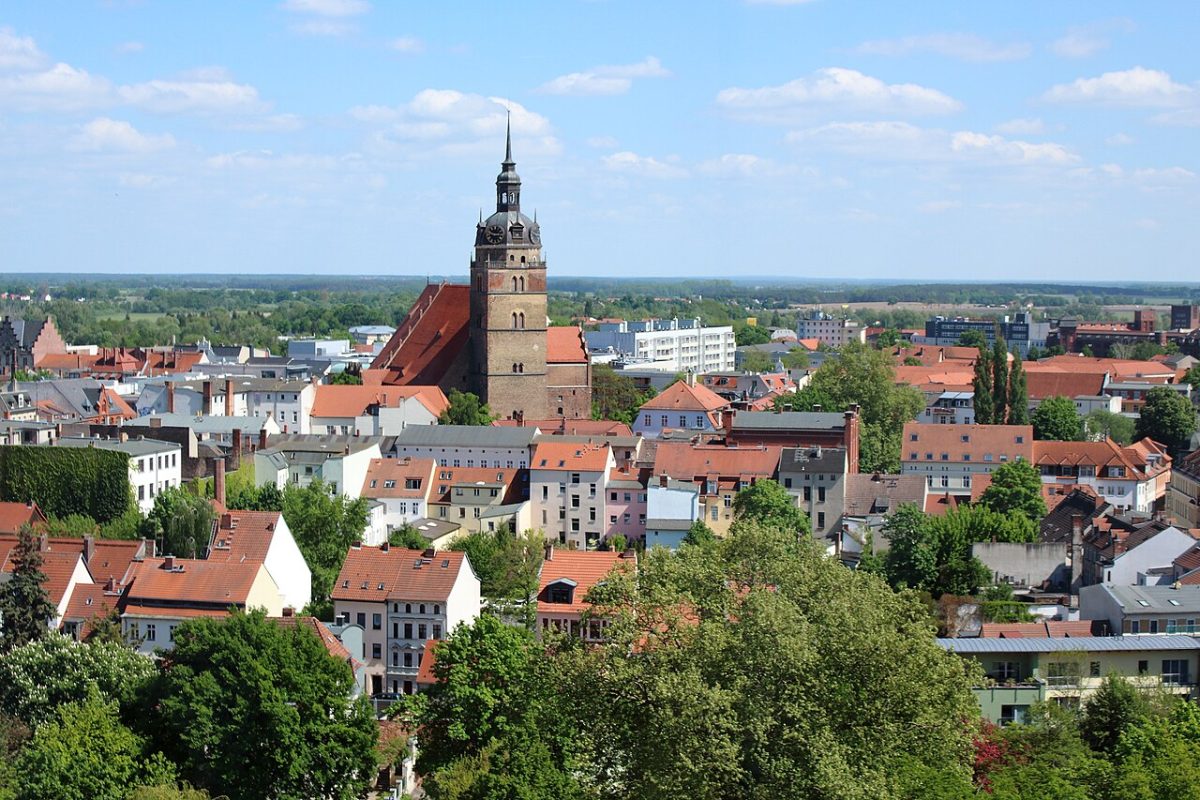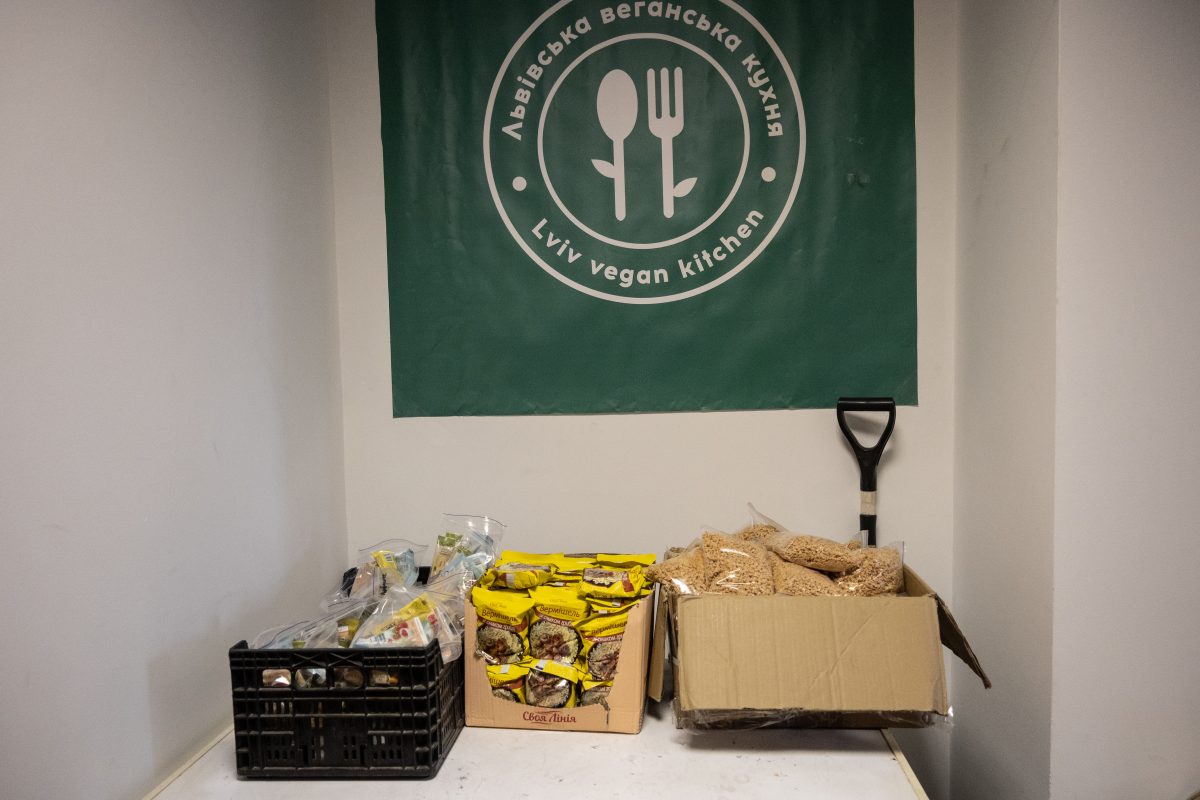In 2005 Angela Merkel became the Chancellor of the German Federal Republic. She went on to keep the Chancellorship for 16 years, her long stint ends in her fourth term this year. Merkel is smarter, likely more compassionate and likeable, than her peers. In Germany think of Merz, Seehofer, Schäuble; or in the UK Blair, Cameron, May, and (gulp) Johnson. None would have uttered ‘Wir schaffen das’, or taken in about 1.2 million Syrian refugees in 2015-16. It is quite true that Germany’s employers needed cheap workers, and yes, several retreats were made from initial promises. Even so her stance was rare amongst capitalist rulers. It is possible to believe her sincerity when she explains what COVID means, or when she commiserates with victims of flooding.
However Merkel was Chancellor for 16 years, and socialists ask: “What did her leadership do for workers in Germany and world-wide?” In this stark assessment Merkel emerges much as other bourgeois politicians. Ultimately she served her own class and its profits. After a short biographical recap, two policy components are discussed: domestic effects on the working class and foreign policy.
Short biographical note and the foundation for Merkel’s chancellorship
Merkel was raised in the ‘German Democratic Republic’ (GDR). She became a quantum chemist, but rapidly moved into politics. As the GDR fell in November 1989 she joined ‘Democratic Awakening.’ This merged with the Christian Democratic Union (CDU), which quickly joined the West German CDU, with the agreement of the CDU sister party partner in Bavaria the Christian Social Union (CSU). As a smart candidate from the former East, Merkel was spotted early. She signaled support of labour legislation reform, and a pro-USA policy. Labour reforms had already been initiated by the ‘Red-Green’ (1998-2005) coalition government between the Social Democratic Party (SPD) and Green Party. However Chancellor Gerhard Schroder had opposed the Iraq war of USA imperialism.
Elections in 2005 very narrowly favoured the CDU/CSU versus the SPD-Greens. The ensuing impasse was solved by a ‘Grand Coalition’ between the CDU/CSU and the SPD, making Merkel Chancellor. For Merkel coalitions remained necessary, although in her second term (2009-2013), she partnered with the liberal-conservative ‘Free Democratic Party’ (FDP).
Helmut Kohl’s task had been to bring East Germany into a reunified Germany. Not only did that prevent a further drain on Grermany’s funds that had gone to the GDR, but it provided more cheap workers. Merkel’s task started with completing the transition of Germany into a modern neo-Liberal state. That also meant to economically make West and East Germany truly one state. But what is ‘Neo-liberalism’? As exemplified in polices of Margaret Thatcher and Ronald Reagan, it is simply an unfettered capitalism. As signified by the commonly associated word ‘deregulation’. More precisely it can be stated as:
“A theory of political economic practices that proposes that human wellbeing can best be advanced by liberating individual entrepreneurial freedoms and skills within an institutional framework characterised by strong private property rights, free markets and free trade.” 1
This was not introduced in one fell swoop in Germany, and it was initially resisted. Likely because Kohl’s CDU-FDP government would have been unable to face down organised working class protest. It would take an SPD government to bring it into play.
“While deregulation went full swing in the Anglo-Saxon world (Reaganomics, Thatcherism), it was initially adopted half-heartedly in West Germany, after the Kohl government (1982– 98) had replaced the SPD-FDP coalition (1969– 82). The CDU-FDP coalition with Chancellor Kohl implemented only some of the Deregulation Commission’s proposals. Incisive labour market reforms had to wait for the next government, Gerhard Schröder’s SPD-Greens coalition.” 2
Merkel’s tasks were eased by her SPD predecessor, then her coalition partner. As a good Social Democrat, Schroeder did his part: pushing through the ‘Agenda 2010’ Hartz ‘reforms’ (regressions is a better word I think). Briefly this consisted of increasing part-time contracts; eroding workers committees; lower salaries for agency labour performing the same work; raising ages of retirement and reducing pensions and easing the way for a privatized pension system; reducing ‘allowed’ periods of unemployment from 36 months to 12 months; lowering of thresholds for firing; etc. 3 Recall that Peter Hartz, head of Human Resources at VW, closely advised Schroeder in this. 2 Despite massive rank and file protests, the regressions were rammed through. This pre-history allowed Merkel to avoid confrontations with organised labour – this was her foundation. So what did Merkel do?
1) Merkel’s Policies directly affecting German workers
Let’s start from where German capitalists would, namely corporate profits. These had faltered between 2017-2019, as a percent of Gross Domestic Product (GDP) (Figure 1) 4.

It is true that profits differ by capitalist sectors, and German banking capital lags behind profits of big non-financial corporations. 2 However by 2021 all corporate profits (regardless of sector) were back to pre-COVID levels (Figure 2 5)

Meanwhile taxes on corporate profits (Figure 3 7) remained extraordinarily low (red line Germany) as compared to the average for OECD countries (black line). In fact the ‘Wealth Tax’ was abolished in 1997.6

But as Figure 1 shows, profits had faltered for Germany. Unsurprisingly therefore, even as new elections loom, Marcus Soder (Bavarian CSU) projects new tax cuts:
“Tax cuts are at the heart of our tax policy… That is clearly reflected in our joint election manifesto.” 8
So in summary, although profits had faltered, they were only lightly touched by tax. But how had these profits been made in the first place? Squeezing labour ensured labour productivity outstripped wages (Figure 4 9) – the gap in essence being profit:

The concerted attack on workers wages in Germany, is seen by the steady fall in the ‘labour share’ of the GDP 10 since 2000 (Figure 5 11):

This fall in worker wages accompanied the increase of work precarity and insecurity. Recall the Hartz Reforms/Regressions. They started the process that Merkel put into their meaningful effect – namely:
“labour law changes facilitated greater use of fixed-term employment contracts, part-time work, and agency work, while at the same time relaxing employment protection legislation, reducing unemployment benefits, lowering reasonableness criteria for job offers, and introducing so-called ‘mini jobs’ not liable to social security contributions. These opened the door to wide-reaching exemptions from labour standards and promoted the rise of precarious work. The overall aims of these labour market deregulation measures were to weaken union power on the one hand and to strengthen employer control over employment contracts and working conditions on the other.” 15
The net effect of all this was to increase inequity. Figure 6 12, shows the Gini coefficient over the years 1991 to 2016. Note: If the Gini is 1.0 there is complete inequity; and a value of zero represents complete equity.

So the rich got richer and the poor poorer. Some argue that the Gini seriously underestimates degrees of inequity. But it is relatively easy to understand. 13 Germany stands 15th of 35 OECD countries in its Gini.
Recall one of Merkel’s goals was to reunify Germany. This mandated wages in the East come closer to the depressed wages of the West. Indeed this has happened, but inequity remains such that former East Germany still has lower disposable income:
“In 2017, the most recent year for which data is available, per-capita disposable income was €19,909 per year in the former East Germany… By comparison, disposable income in the former West Germany was €23,283 a year… Put another way, people in the former East Germany earned 86% the after-tax income of their West German counterparts in 2017“ 14
Reflecting the disparity between former West and former East Germany is the continued outdated infrastructure in the East shown vividly in Figure 7 13. Here the total productivity of former East Germany was only 75% of that in the West:

Unsurprisingly, the mean unemployment rate in former East pre-COVID 2019 was 6.9% vs 2.8% in the West, a gap of 4.1%. But better than 2000 when the gap was 10%.
So inequity between West and East has narrowed, but is far from eliminated. The goal of equity is complicated by COVID. The OECD predicts it will take Germany 1.75 years to return to pre-COVID levels of employment will be versus 4 years in the UK and USA. 15
Naturally all this was associated with even weaker trade union structures in former East Germany than in former West. Workers in the East were told by their trade unions to join the Western unions, which however did not support them in the ensuing Eastern deindustrialization. 16 Many works councils (consisting of trade union representatives and company representatives) have either been dismissed or transformed more into ‘co-managers’. 15 The implications of all this on the growth of the fascists of the AfD are clear.
And yet, despite all of Merkel’s success on their behalf, it is all too predictable that capitalists will ‘find it necessary’ to make it even harder for workers. One signpost is the cross-country comparison on labour productivity where Germany lags. It is behind 11 OECD countries – including the USA – which itself is only in 8th place (Figure 8 17).

In summary: Merkel ensured Germany removed significant protections for workers (under Hartz) to keep profits at high rates. Since it is likely the ruling class will want to boost Germany’s competitiveness, things will only get worse for workers. In turn without broad front and left party formations, the AfD will likely only grow.
There is one large elephant in the domestic room – the environmental catastrophe. This will require far more detail than space allows here. But it is appropriate to recall that spurred by the Fukushima disaster, and then under pressure from below, Merkel did halt nuclear development in Germany. Yet this is much diminished by her slow moves on coal-mining and lignite mining in Germany; and her support of the car industry against calls for CO2 emission reduction. 18 While the last nuclear plant is scheduled to end production in 2022, the last coal-fired plant ends production only by 2038.
2) How has Merkel protected German Capital in Foreign Policy?
In foreign policy Merkel’s problem was complex. She had to repair bridges to the USA, broken by Schroder, but after Obama she was faced by Trump. That forced the EU to shore itself against Trumpite protectionism. At the same time Merkel tried to steer Germany’s independent role as the dominant nation even within the EU itself. Finally China was a close trading partner. Hence Merkel resisted USA attempts (under both Trump and Biden) to shut down trade with China. She has been unable to fully reconcile all this, and her class will have to play that game further.
Starting at the EU, obviously Germany is a major fiscal force within the EU. However it’s influence is resisted by the other members (even France), her close ally:
“In 2017, Germany was the largest net contributor to the European Union budget (Euros 12.8 billion), providing substantially more funding than either France (Euro 5 billion) or Great Britain (Euros 7.3 billion)… effectively purchasing German influence in supranational governance… (but) Germany’s role is contested, resisted, and delegitimized by a range of actors in European affairs. The cooperative mechanisms successive German governments attempted to build were, in important ways, doomed projects including the failure of the European Union to create institutions by which future sovereign debt crises might be averted as well as Germany’s attempt to foster and promote shared norms across Europe”. 19
German capital physically expanded production plants into the former Comecon countries. But at the same time it wielded its fiscal power, to devastating effects. Germany reaped enormous profits in granting Greece enormous debts, knowing it could not repay them, then later demanding full restitution. 20
However this had pushbacks. Such a callous act warned ‘Europe’ against German might. It was to allay such anxieties that Germany enabled massive COVID cash injections by EU to member states. Italy for instance would have been severely affected otherwise. Moreover, Germany went soft on disseminating COVID vaccination prior to full EU dispersion of vaccine. That even though German capital was instrumental in developing the BioNTech-Pfizer RNA vaccine. So the EU relationship that Germany had wanted to dominate as its own vehicle, is not such a push-over.
Finally Germany is far more favourably disposed to both Russia and China, than either many of her EU partners or the USA. In particular, German trade with China had become crucial for Merkel to protect:
“Ms. Merkel is a firm believer in engagement with China, Germany’s most important trading partner. More than 212 billion euros worth of goods — over $250 billion — were bought and sold between the two in 2020, according to German government figures. Before Mr. Biden took office, she pushed ahead with a new investment deal between the European Union and China that still needs ratifying by the European Parliament. Before they even get to China, however, there is Russia and the thorny issue of Nord Stream 2, a natural gas pipeline that will run directly to Germany under the Baltic Sea from Russia. The project is bitterly opposed by Mr. Biden and Congress — along with several of Germany’s European partners — but Ms. Merkel and her government firmly support it.” 21
“In 2020, trade between the two countries was more than 212 billion euros – more than between China and the UK, France, and Italy combined. Germany’s major automakers Volkswagen, Daimler, and BMW generate significant profits in China, and Volkswagen alone accounts for almost 20 percent of China’s passenger vehicle market.” 22
In Summary: In the dynamic of 21st century capitalism, under Merkel Germany has tried to ride several horses. But the increasingly tense race between USA and Chinese imperialism, will likely force Merkel’s heirs to be clearer about opposing US imperialism. Call me a pessimist, but I cannot see how a new inter-imperialist war is going to be avoided over the next 20 years. Unless that is by such intense climate change that the Anthropecene era literally burns itself out.
Conclusion
In my view, the main thing to take away is that Merkel has battled hard to preserve Germany capitalism. That she is far more insightful than her politician peers explains her ability to convey (and I believe truly feel) a genuine compassion for people.
Her science background also explains how she can convincingly and effectively explain the realities of COVID to a lay audience. The subsequent swings of policy on COVID I think are tied to the chain of the USA booby-trap of the Basic Law. At the end of WWII, this was laid down in the new constitution for West Germany, after the division of Germany by the Western imperialists. This meant a perpetual divide between Länder and the Federal State.
In addition, Merkel employed a large staff of women advisers and policy gurus. Undoubtedly most of the avalanche of books on her will highlight all these characteristics. But I suspect most will not acknowledge her class solidarity with the German capitalist class.
Who and what will follow her act? If indeed the task will be to sharpen German competitiveness more by paring working class wages and living conditions, an SPD knife is on the cards. Neither Cum-ex or Wirecard scandals will impede Olaf Scholz if the ruling class decide he has the sharpest knife. If it needs green-washing, there are suitable parties, despite cries of plagiarism.
However still unclear to me, is where Die LINKE will fall. It has been tempted by coalition politics before, but the coalitions rejected it. What will happen in 2021?
Footnotes
1 David Harvey, ‘A Brief History of Neoliberalism”; Oxford University Press 2005; p. 2.
2 Walther Müller-Jentsch; ‘The German Model Of Conflictual Partnership Is Still Alive’; In: “Walther Müller-Jentsch, Britta Rehder, Sidney A. Rothstein & Tobias Schulze-Cleven (2020) Debating Lessons from Germany After the Social Democratic Century, German Politics, 29:3, 522-543
3 Oliver Nachtwey, ‘Germany’s Hidden Crisis Social Decline in the Heart of Europe,” Verso London 2018; chapter 3
4 Benjamin Braun &Richard Deeg (2020) Strong Firms, Weak Banks: The Financial Consequences of Germany’s Export-Led Growth Model, German Politics, 29:3, 358-381
5 Bundesbank data graphed by Trading Economics
6 Jan Behringer, Nikolaus Kowall, Thomas Theobald & Till van Treeck (2020). ‘Inequality in Germany: A Macroeconomic Perspective’, German Politics, 29:3, 479-497
7Compiled by OECD from: Revenue Statistics
8 Laurenz Gehrke,‘Armin Laschet’s tax comments divide German conservatives’; ‘Politico’; July 14, 2021
9 Figure generated at ‘The OECD Productivity Statistics Database’ website; Report for 2000-2019; section Labour income and productivity
10 US Bureau of Labor Statistics; 2017
11 Ricardo Barradas; ‘Financialization and Neoliberalism and the Fall in the Labor Share: A Panel Data Econometric Analysis for the European Union Countries’; Review of Radical Political Economics; 2019, Vol. 51(3) 383-417
12 https://www.gut-leben-in-deutschland.de/indicators/income/gini-coefficient-income/
13 Jan Behringer, Nikolaus Kowall, Thomas Theobald & Till van Treeck (2020), ‘Inequality in Germany: A Macroeconomic Perspective, German Politics, 29:3, 479-497
14 John Gramlich; East Germany has narrowed economic gap with West Germany since fall of communism, but still lags’ Nov 6 2019; Pew Research Center;
15 OECD; Jobs, A Slow Rebound; 2021
16 Walther Müller-Jentsch; ‘The German Model Of Conflictual Partnership Is Still Alive’; In: “Walther Müller-Jentsch, Britta Rehder, Sidney A. Rothstein & Tobias Schulze-Cleven (2020) Debating Lessons from Germany After the Social Democratic Century, German Politics, 29:3, 522-543
17 OECD; 2019 Report Labour Productivity
18 Ellen Thalman, Julian Wettengel, The story of “Climate Chancellor” Angela Merkel Clean Energy Wire; 07 May 2021
19 Luke B. Wood, ‘German Hegemony? The Federal Republic Of Germany In Post Coldwar European Affairs’; German Politics And Society, Issue 133 Vol. 37, No. 4 (Winter 2019): 95–108.
20 Hari Kumar, ‘The Greek Debt Crisis: A misnomer for the European Imperialist Crisis; August 22, 2015; ‘The Red Phoenix’’
21 Melissa Eddy, ‘Legacy and Policy Mix as Merkel Takes a Bow in Washington’; New York Times 14 July 2021.
22 Torrey Taussig; What is Angela Merkel’s legacy on engagement with China?; American Institute for Contemporary German Studies; July 2, 2021



